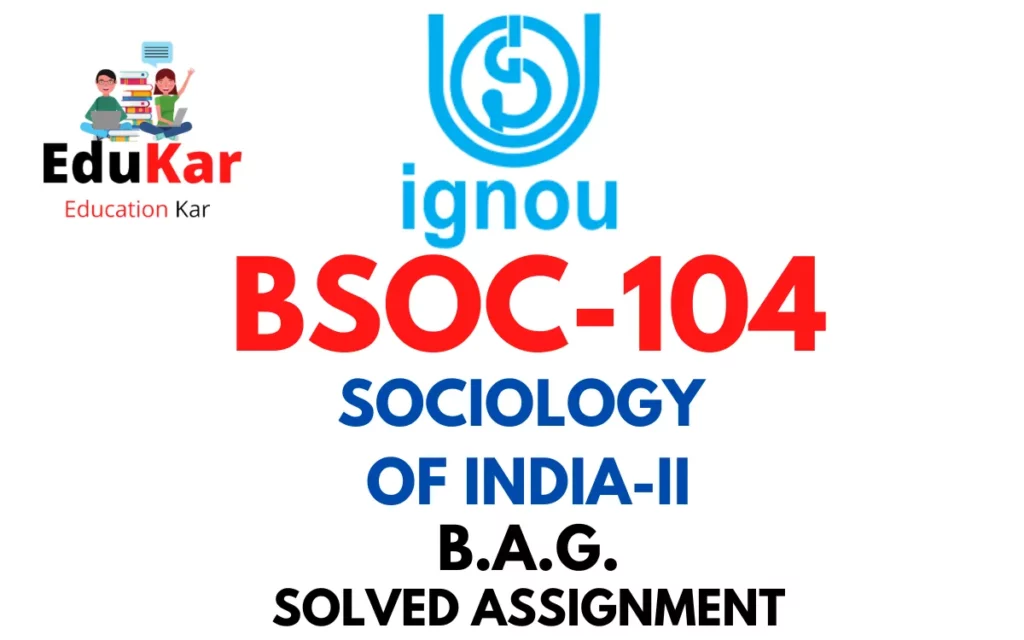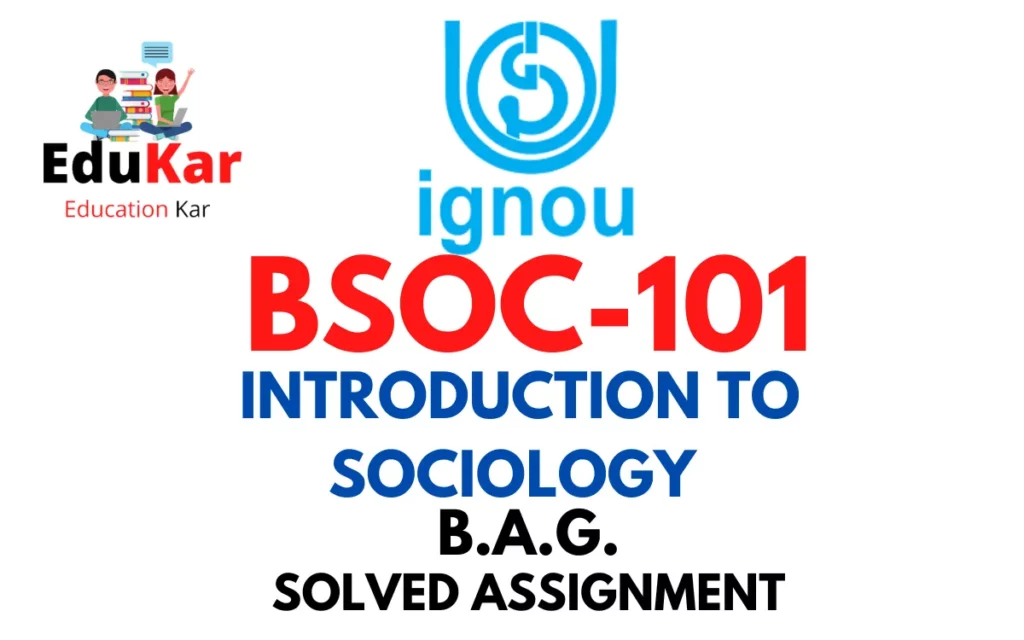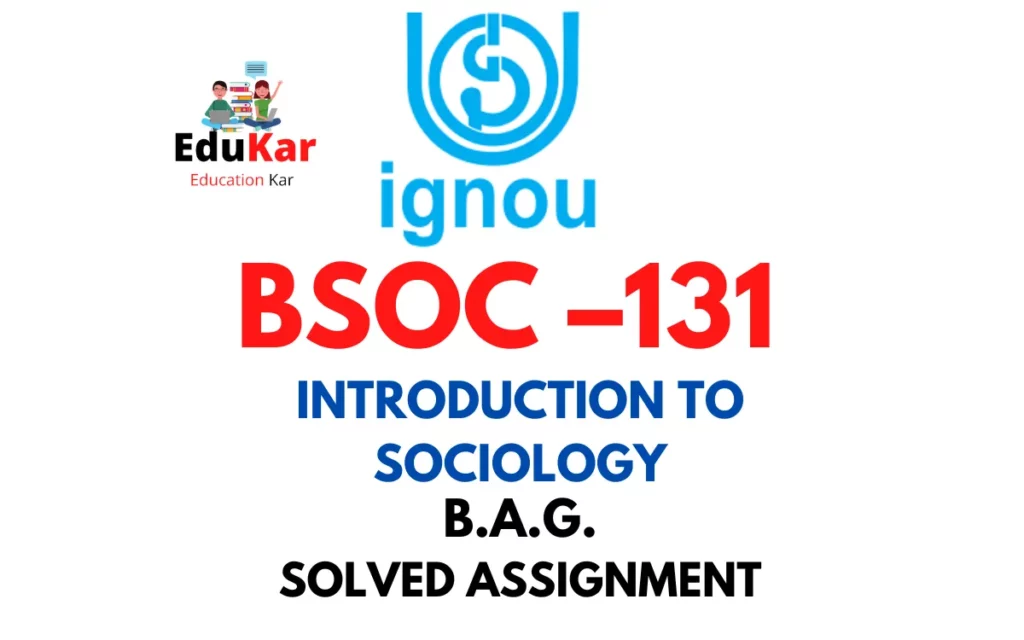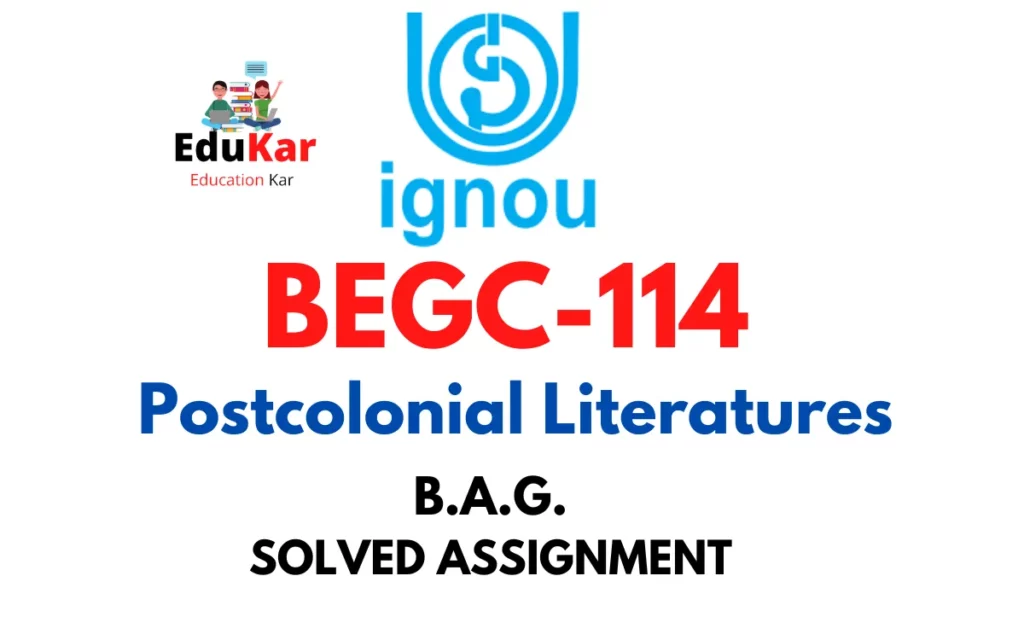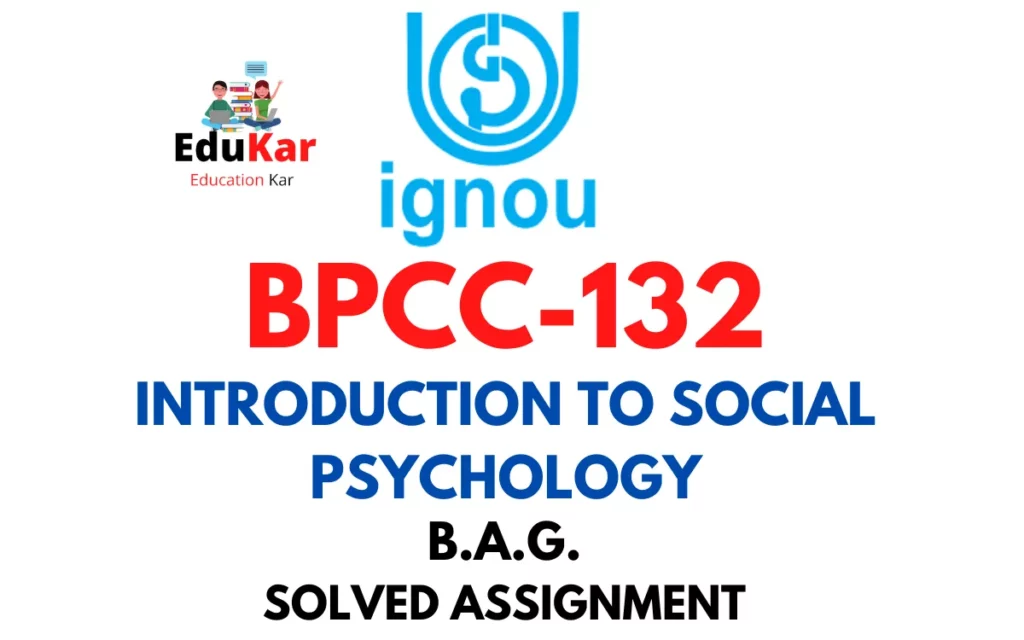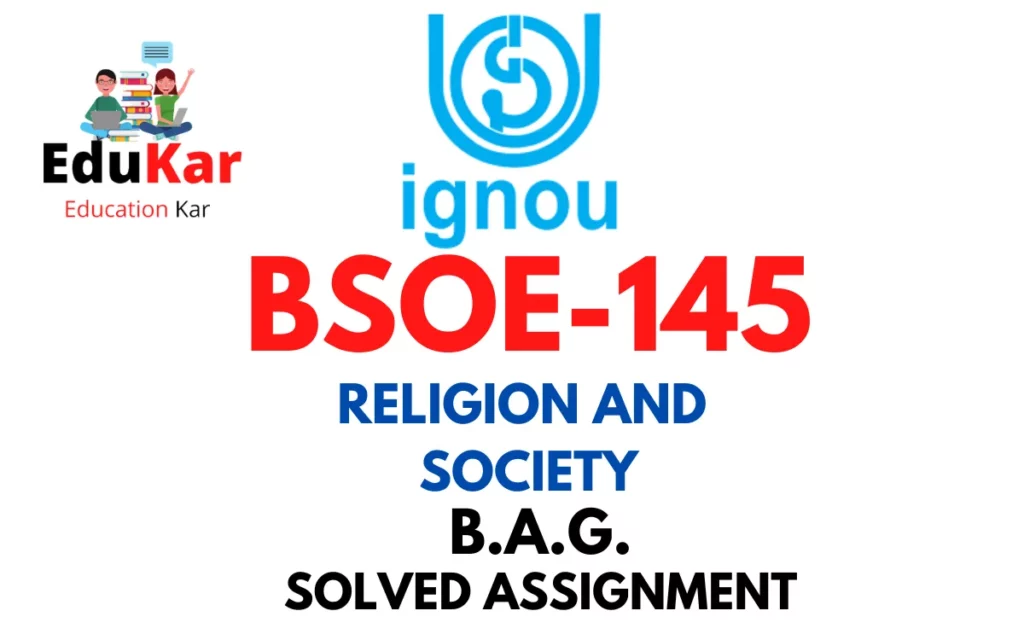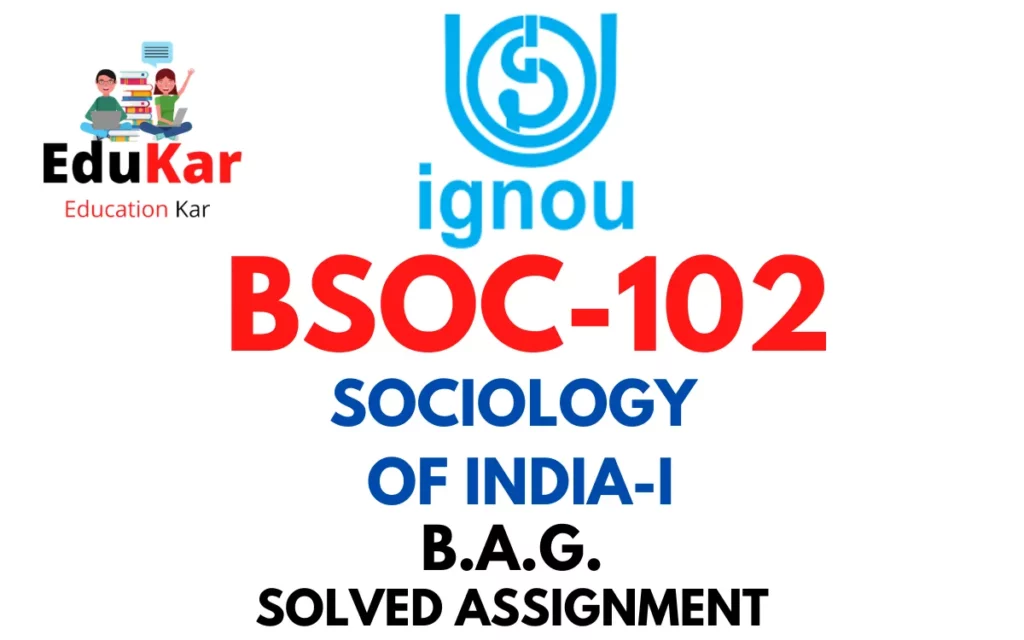Contents
- 1 Section A
- 2 Write short notes in about 200 words each: 2×5=10
- 3 (i) Greek Theatre
- 4 (ii) Three Unities
- 5 Section B
- 6 Explain with reference to the context in 300 words each. 3X10=30
- 7 Section C
- 8 Answer the following questions in 800 words each: 4 X 15 = 60
- 9 1. Discuss the theme of social responsibility in the play All My Sons.
- 10 2. How does the Mau Mau struggle get reflected in the play The Trial of Dedan Kimathi? Discuss.
- 11 3. How is the character of Chris contrary to that of his father in All My Sons?
- 12 4. Comment on the clash of different perspectives in Halfway House.

| Title | BEGE-142 |
| University | IGNOU |
| Degree | Bachelor Degree Programme |
| Course Code | BEGE-142 |
| Course Name | Understanding Drama |
| Programme Name | Bachelor of Arts (General) |
| Programme Code | BAG |
| Total Marks | 100 |
| Year | 2022-2023 |
| Language | English |
| Last Date for Submission of Assignment: | For June Examination: 31st April For December Examination: 30th September |
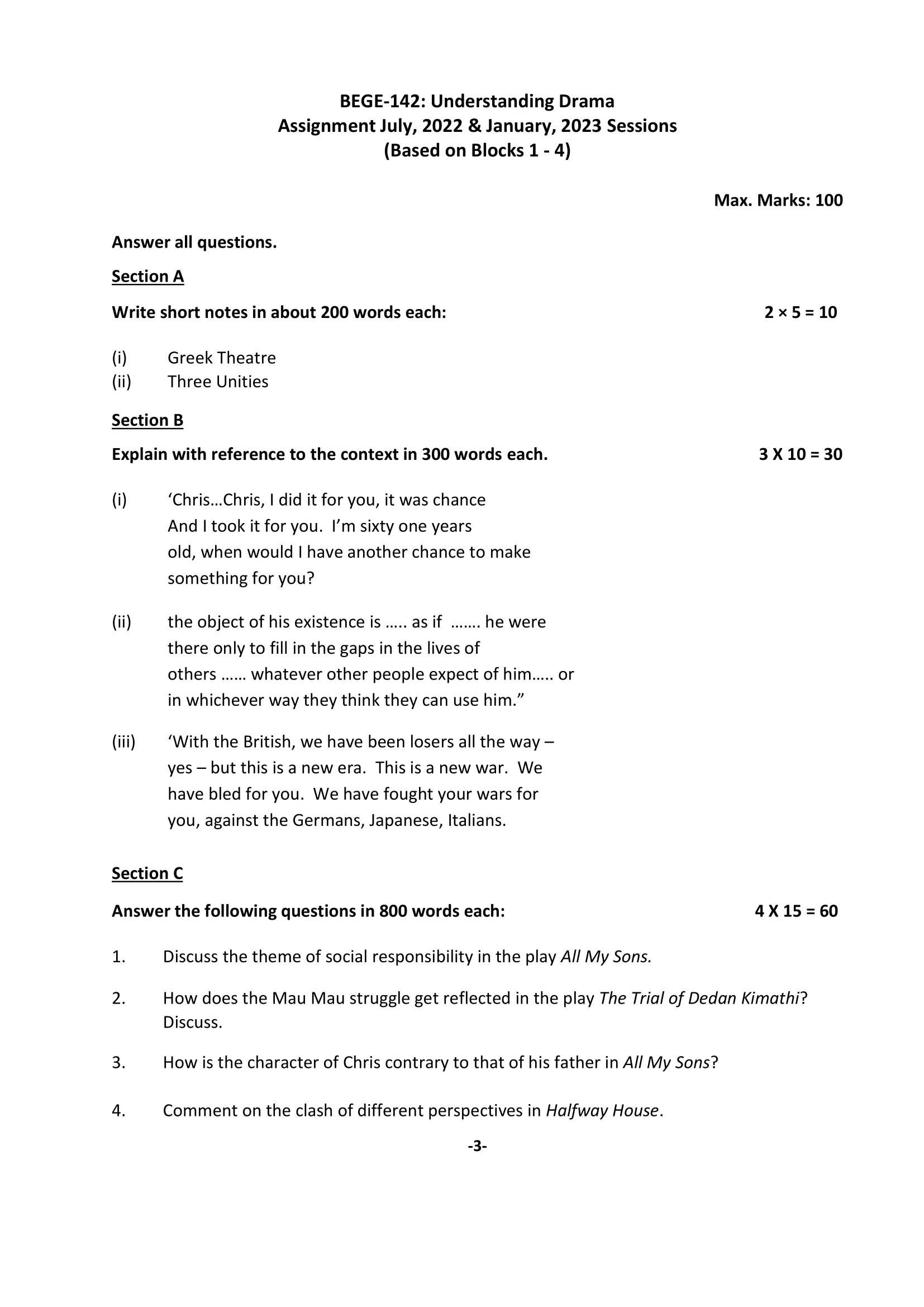
Section A
Write short notes in about 200 words each: 2×5=10
(i) Greek Theatre
Ans: Greek theatre, originating in the 5th century BCE, was a form of entertainment in ancient Greece and an important part of Greek culture. It was performed in large open-air theatres, typically built into the side of hills, and was primarily a musical and dance spectacle. The most famous playwrights of Greek theatre were Aeschylus, Sophocles, and Euripides. These playwrights wrote about a range of topics, including mythological stories, historical events, and moral issues. The plays were performed by a chorus and a small number of actors, with masks used to convey the characters’ emotions and personalities. The theatre was a powerful tool for the Greeks to express their thoughts and beliefs, and it was an integral part of religious festivals. In addition, the plays provided a platform for political and social commentary. Greek theatre was influential not only in Greece, but also in the wider world, and its legacy can be seen in modern theatre, literature, and film.
(ii) Three Unities
Ans: The Three Unities, also known as the Aristotelian Unities, are a set of principles that originated in ancient Greek theatre and later became central to classical drama. The Three Unities are: Unity of Time, Unity of Place, and Unity of Action. The Unity of Time states that the events of a play should occur over a single day. The Unity of Place states that all the action should occur in one location. The Unity of Action states that the play should have a single, unified plot, with all subplots and characters serving the main story. These principles were first articulated by Aristotle in his “Poetics” and were widely adopted by classical playwrights. The Three Unities were considered essential for creating a cohesive and well-structured play. They helped to keep the audience focused on the main plot, and prevented the play from becoming too fragmented or convoluted. The Three Unities have had a lasting impact on Western theatre, and have influenced playwrights and dramatists for over two thousand years. While they are not strictly adhered to in modern theatre, they remain an important part of the theatrical tradition and are often studied by students of drama.
Section B
Explain with reference to the context in 300 words each. 3X10=30
(i) ‘Chris…Chris, I did it for you, it was chance
And I took it for you. I’m sixty one years
old, when would I have another chance to make
something for you?
Ans: This passage appears to be a quote from a speech or monologue given by a character named Chris. The speaker is addressing Chris and explaining their motivations for taking a particular action. The speaker says that they did it for Chris and that it was a once-in-a-lifetime opportunity. They mention their age, 61, implying that they may have felt a sense of urgency to seize the opportunity.
The words “chance” and “something for you” suggest that the speaker wanted to do something special or meaningful for Chris, perhaps as a way to show their love or appreciation. The fact that the speaker is 61 years old suggests that they may be approaching the end of their life and therefore want to make the most of the time they have left. The use of the phrase “when would I have another chance” highlights the speaker’s sense of urgency and their desire to make the most of their opportunities.
(ii) the object of his existence is ….. as if ……. he were
there only to fill in the gaps in the lives of
others …… whatever other people expect of him….. or
in whichever way they think they can use him.”
Ans: This passage is describing the existence of a person, who sees themselves as merely existing to fill the gaps in the lives of others. The person’s identity and actions are defined by what others expect of them, or how they think they can be used. The use of the phrase “whatever other people expect of him” and “in whichever way they think they can use him” suggests that the person lacks agency and control over their own life.
The idea of a person existing only to fill in the gaps in the lives of others can be interpreted in a few different ways. On one hand, it could be seen as a selfless and altruistic view of existence, where the person is focused on helping others and making their lives better. On the other hand, it could be seen as a negative and limiting view, where the person has lost their sense of self and is being defined by the expectations and desires of others.
(iii) ‘With the British, we have been losers all the way –
yes – but this is a new era. This is a new war. We
have bled for you. We have fought your wars for
you, against the Germans, Japanese, Italians.
Ans: This passage is likely from a speech or a declaration made by someone referring to a group of people, possibly a community or a nation, who have been in conflict with the British. The speaker acknowledges that they have been “losers all the way” in previous battles and wars, but they believe that a new era has dawned, and a new war has begun. The speaker then lists the sacrifices made by the group, including bleeding and fighting in wars against the Germans, Japanese, and Italians, on behalf of the British.
The use of the words “we have bled for you” and “we have fought your wars for you” suggest that the speaker feels a sense of resentment and frustration towards the British. They are emphasizing the sacrifices made by the group on behalf of the British, and are likely calling for a change in the relationship between the two sides.
Section C
Answer the following questions in 800 words each: 4 X 15 = 60
Ans: All My Sons is a play written by Arthur Miller that was first performed in 1947. The play explores the theme of social responsibility, which refers to the moral obligation of individuals to act for the benefit of society as a whole. This theme is demonstrated through the actions and relationships of the play’s main characters, and serves as a commentary on the values and morals of American society in the aftermath of World War II.
At the center of the play is the Keller family, led by Joe Keller, a successful businessman who has made his fortune manufacturing airplane parts during the war. However, it is revealed that some of the parts produced by Keller’s factory were defective and caused the deaths of 21 pilots, leading to Keller’s arrest and eventual acquittal. Despite this, the play portrays Keller as a man who is morally bankrupt, as he prioritizes his own financial success over the lives of the young men who lost their lives as a result of his actions.
The play’s theme of social responsibility is emphasized by the character of Chris Keller, Joe’s son. Chris is depicted as a young man who is torn between his loyalty to his father and his sense of moral obligation to the greater good. He believes that his father’s actions were unjust and that he should be held accountable for the deaths of the pilots. Chris’s struggle with this moral dilemma highlights the importance of personal responsibility in the face of societal pressures and expectations.
In All My Sons, Arthur Miller uses the characters of Ann and George Deever to further illustrate the theme of social responsibility. Ann is the sister of the young man who was blamed for the faulty parts, and her involvement in the play serves as a reminder of the human cost of Joe Keller’s actions. Meanwhile, George Deever is a young man who comes to the Keller home with the intention of confronting Joe about his involvement in the faulty parts. Through these characters, Miller underscores the importance of standing up for what is right, even when it is difficult or unpopular.
The play’s ending is a powerful commentary on the theme of social responsibility, as it portrays the consequences of neglecting one’s moral obligation to society. The death of both Chris and Joe serves as a tragic reminder that the choices we make have real and lasting consequences, and that our actions must be guided by a sense of social responsibility if we are to live meaningful and fulfilling lives.
2. How does the Mau Mau struggle get reflected in the play The Trial of Dedan Kimathi? Discuss.
Ans: The Trial of Dedan Kimathi is a play written by British playwright David Mulwa and was first performed in 2002. The play explores the life of Dedan Kimathi, a Kenyan freedom fighter who was arrested and tried for his involvement in the Mau Mau Uprising, a revolutionary movement that aimed to end British colonial rule in Kenya. The play reflects the Mau Mau struggle in several ways and provides a powerful commentary on the events that took place in Kenya during this time.
One of the key ways in which the Mau Mau struggle is reflected in The Trial of Dedan Kimathi is through its portrayal of the violence and repression that characterized the conflict. The play vividly depicts the brutal tactics used by the British colonial authorities to suppress the Mau Mau uprising, including the use of torture, detention, and execution. The play also highlights the bravery of the freedom fighters and their unwavering commitment to their cause, despite the risks and sacrifices they faced.
The play also reflects the Mau Mau struggle by exploring the underlying political and social issues that led to the uprising. The play portrays the frustration and anger of the Kenyan people who were subjected to brutal treatment, land confiscation, and forced labor by the British colonial authorities. Through the character of Dedan Kimathi, the play highlights the role of resistance and rebellion in the fight for freedom and justice, and underscores the importance of standing up against oppression and injustice.
Another way in which the Mau Mau struggle is reflected in The Trial of Dedan Kimathi is through its exploration of the power dynamics that characterized the conflict. The play portrays the unequal power relationship between the British colonial authorities and the Kenyan people, and highlights the ways in which the British used their political, economic, and military power to maintain control over the colony. The play also explores the role of the media in shaping public perceptions of the conflict, and how the British used propaganda to justify their actions and undermine the legitimacy of the Mau Mau movement.
The Trial of Dedan Kimathi also reflects the Mau Mau struggle by highlighting the human cost of the conflict. The play depicts the personal struggles and sacrifices made by Dedan Kimathi and other freedom fighters, and underscores the impact of the conflict on the wider Kenyan community. Through its exploration of the lives of those who were affected by the conflict, the play serves as a powerful reminder of the human toll of political struggles and the importance of remembering those who suffered and died in the fight for freedom and justice.
3. How is the character of Chris contrary to that of his father in All My Sons?
Ans: “All My Sons” is a play written by Arthur Miller that explores the themes of guilt, responsibility, and family. The play centers around the Keller family, specifically the character of Chris Keller, who is the son of the main character, Joe Keller. Chris and his father are two of the central characters in the play, and their personalities and behaviors are in stark contrast to each other.
Joe Keller is depicted as a successful businessman who prioritizes his family and his business over all else. He is portrayed as a typical businessman of his time, who is concerned with maintaining his wealth and status. He is depicted as a man who is willing to sacrifice anything, including the truth and the lives of others, to protect his business and his family. Throughout the play, Joe is depicted as a man who is blind to the consequences of his actions and who is unwilling to take responsibility for the harm that he has caused.
Chris Keller, on the other hand, is depicted as a man who is searching for meaning and purpose in his life. He is portrayed as a man who is struggling to reconcile his loyalty to his family with his own values and beliefs. Chris is depicted as a man who is more introspective and thoughtful than his father. He is depicted as a man who is willing to question the status quo and to challenge the beliefs and values that he has been taught. Throughout the play, Chris is depicted as a man who is aware of the harm that his father has caused and who is trying to find a way to make amends.
Another key difference between Chris and his father is their approach to relationships. Joe Keller is depicted as a man who is concerned with maintaining his relationships and preserving his reputation. He is depicted as a man who is willing to manipulate and deceive those around him to protect his interests. He is depicted as a man who is distant from his family and who does not understand the emotional needs of those around him.
Chris, on the other hand, is depicted as a man who is deeply connected to those around him. He is depicted as a man who is searching for meaningful relationships and who is willing to risk his own safety and well-being to help others. Throughout the play, Chris is depicted as a man who is willing to put others first and who is willing to sacrifice his own happiness for the greater good.
4. Comment on the clash of different perspectives in Halfway House.
Ans: “Halfway House” is a term used to describe a place that serves as a temporary residence for people who are transitioning from one stage of life to another. In a literary or social context, “Halfway House” can also refer to a situation or a community where people from different backgrounds and perspectives come together and face challenges in their relationships. The term is often used to describe the difficulties that arise when people from different cultures, beliefs, and values try to coexist and reconcile their differences.
One of the central themes in “Halfway House” is the clash of different perspectives. The residents of the halfway house come from diverse backgrounds and have different experiences, beliefs, and values. These differences often lead to conflicts, misunderstandings, and tensions among the residents. For example, some residents may have strong religious beliefs, while others may be skeptical or agnostic. Some residents may come from a privileged background and have a different outlook on life, while others may have faced challenges and hardships. These differences can create a divide among the residents, leading to feelings of anger, frustration, and resentment.
Another theme in “Halfway House” is the struggle for power and control. As the residents try to coexist in a shared space, they often compete for resources, attention, and recognition. This competition can lead to power struggles and disputes, where residents try to assert their dominance and assert their own views and values. This can result in a dynamic where residents are more concerned with maintaining their own power and control than with creating a harmonious and inclusive community.
In “Halfway House,” these conflicts and tensions are often further exacerbated by the fact that the residents are in a state of transition. They are in a temporary and uncertain state, trying to adjust to a new environment and find their footing in a new stage of life. This sense of uncertainty and vulnerability can increase feelings of anxiety, fear, and insecurity, leading to further conflicts and disputes.
How to Download BEGE-142 Solved Assignment?
You can download it from the www.edukar.in, they have a big database for all the IGNOU solved assignments.
Is the BEGE-142 Solved Assignment Free?
Yes this is absolutely free to download the solved assignment from www.edukar.in
What is the last submission date for BEGE-142 Assignment?
For June Examination: 31st April, For December Examination: 30th October




